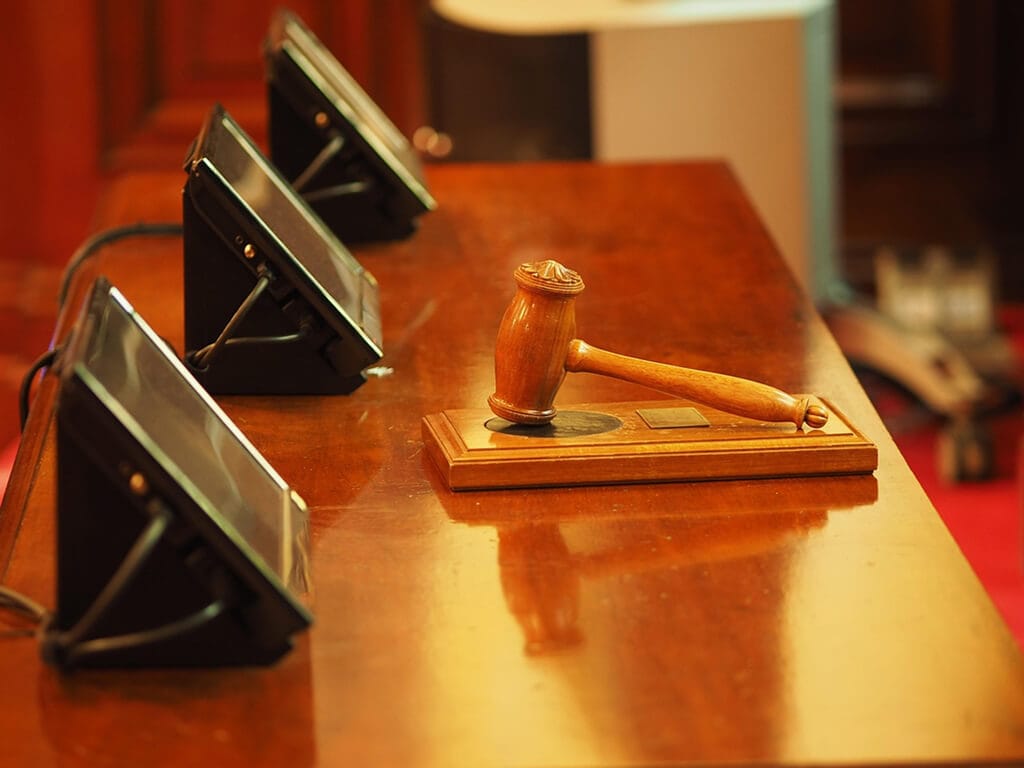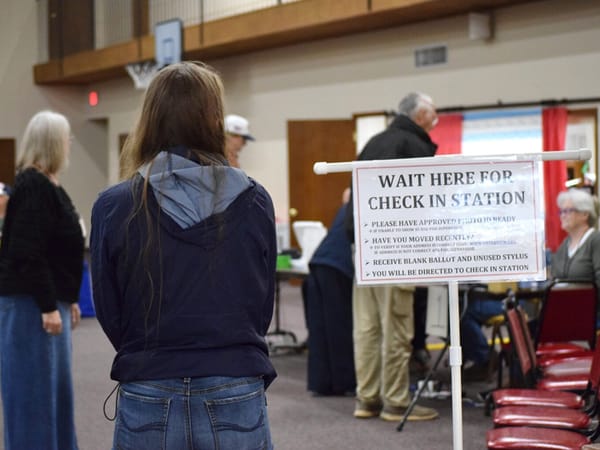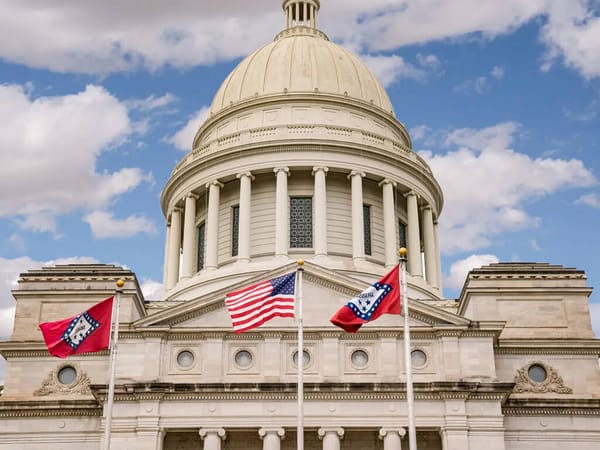Voter Rights Concerns Drive Court Decision on Arkansas Special Election
Arkansas Judge Patricia James rules the special election schedule unconstitutional, setting the stage for an appeal as the legal battle over voting rights intensifies.

The dispute over election dates in Arkansas Senate District 26 took a significant development Wednesday when a Pulaski County judge ruled against Gov. Sarah Huckabee Sanders’ decision to postpone the vote. Acting on a citizen-led challenge to the district’s special election schedule, the court directed state officials to hold the election as soon as practicable in accordance with state law.
The judge’s ruling emphasized that the Senate seat cannot remain vacant for the upcoming legislative session, noting that doing so would deny voters a voice protected by the Arkansas Constitution. Sanders and Attorney General Tim Griffin, speaking through their spokespersons, said they plan to appeal the decision and question the court’s authority to intervene.
“No Taxation Without Representation”
Pulaski County Circuit Judge Patricia James issued her ruling Wednesday, October 22, siding with a Franklin County resident challenging the election schedule.
In her eight-page decision, James ordered that the special election be held as soon as practicable after the 150-day legal limit from the vacancy. She emphasized that this timing is necessary to protect the constitutional and fundamental rights of voters in Arkansas Senate District 26. According to James, scheduling the election for June 2026 would unconstitutionally deny residents their representation.
The judge dismissed claims from Attorney General Tim Griffin’s office that the court lacked authority to review Governor Sarah Huckabee Sanders’ decision, calling the argument ill-founded.
“Although this court agrees that the Governor has the sole authority to set dates for a special election,” James wrote, “that authority is not absolute.” She added that if the Legislature intended the Governor’s power to be unchecked by the democratic system’s traditional checks and balances, the special election statute would itself be unconstitutional.
James concluded that setting the election in June violated a constitutional right based on the democratic principle of no taxation without representation. She cautioned that permitting the Governor to deny duly elected representation to Arkansas citizens would carry far-reaching consequences.
Earlier Date Feasible
Governor Sanders’ office previously stated that the election schedule was set after consulting with election officials and cited certain burdens as reasons for the delay. State law requires that special elections to fill legislative vacancies be held no later than 150 days after the vacancy, unless doing so is “impracticable or unduly burdensome.” This provision has been frequently cited by Sanders to justify the postponement.
However, Judge James noted that three election workers from counties within the district testified that holding an earlier election was feasible.
“Based on testimony presented during the hearing, an earlier, more practicable date is available,” James wrote. The court heard uncontested testimony that officials could comply with all state and federal guidelines if the special election were held on the same day as the regular midterm primary, March 3.
The term “impracticable” is not specifically defined in the law, leaving discretion to the governor and shaping the basis for potential upcoming legal challenges.
Political Stakes Intensify
The dispute, initially supported by Republicans, has now attracted increased attention from Democrats. Although Democrats have limited influence in this Senate seat, they see it as potentially strategic for future contests. They have highlighted a connection between the ongoing delay in filling the seat and Governor Sanders’ controversial prison plan.
Judge James’ ruling stems from a lawsuit filed by Colt Shelby of Cecil on October 6. Shelby sued Governor Sanders and Secretary of State Cole Jester after Sanders scheduled the special election following the death of Republican Sen. Gary Stubblefield of Branch, who had been a staunch opponent of the Franklin County prison project.
Sanders initially scheduled the election for November 13, more than a year after the vacancy, which could be the longest delay for a special election in state history. After bipartisan pushback, she revised the election date to June 9, 2026. That date still falls after the conclusion of the fiscal session, scheduled from April 8 to May 7. Legislators are expected to vote on funding the controversial 3,000-bed prison during the 2026 fiscal session, with preliminary estimates placing the cost at $825 million. An appropriations bill to fund construction failed five times during the 2025 session. Stubblefield had strongly opposed locating the prison in his district before his death, and the project remains deeply unpopular locally. Keeping the seat vacant during the upcoming session raises doubts for many observers.
A hearing on Shelby’s request for an injunction, declaratory judgment, and writ of mandamus was held October 15. After the ruling, Shelby said via text that he was “so glad justice is served” and expressed hope that the district would have representation by February.
The case has also inspired action from the Democratic Party, which filed a separate lawsuit challenging delays in the House District 70 special election. Democrats argue that the delay in HD 70 is connected to the postponement in Senate District 26. Arkansas Democratic Party Chair Marcus Jones said in an emailed statement that the party was encouraged by the ruling in Shelby’s lawsuit. The separate HD 70 lawsuit, filed Tuesday, remains pending. Sanders set identical primary and general election dates for the House seat after former Rep. Carlton Wing resigned last month to lead Arkansas PBS.
“We are grateful that the court is siding with the residents of the River Valley rather than our Governor, who is abusing her power and refusing to fill these vacancies,” Jones said. “The court agrees: taxation without representation is wrong. That is why we filed suit with the Governor in House District 70, and that is why we are hopeful that we will prevail there as well.”
Legal Battle to Escalate
The offices of Governor Sanders and Attorney General Tim Griffin expressed disappointment and announced plans to appeal the ruling. Governor Sanders remains confident that on appeal, the law granting her authority to set special elections will be upheld. “This will ultimately save taxpayer dollars and ensure the election is free, fair, and secure,” said Sanders’ spokesperson Sam Dubke.
The court drama is set to continue in the upper courts, and the political damage for Sanders too.





